Last updated: August 8, 2024
Article
Volunteers-In-Parks
There are many worthwhile programs and causes for which someone might volunteer, but did you know that one of those can be volunteering for the National Park Service? The Volunteers-In-Parks (VIP) program is a National Park Service-wide program that allows individuals to play an active role in helping protect and share these national treasures. Volunteering with the National Park Service allows parks and centers, like the Southeast Archeological Center (SEAC), to accomplish more than they could normally and provides volunteers with unique opportunities to contribute to the important work being done throughout the National Park Service. It also allows individuals to apply their talents and skills or learn new ones in a way that is both beneficial to the volunteer and to the benefiting park.
At SEAC, volunteers can provide vital assistance both in the lab and in the field when projects provide opportunities for volunteers to participate. Individuals both young and old, from all types of backgrounds, have contributed to SEAC projects, locally and in the parks themselves. By volunteering at SEAC, local college and high school students interested in archeology have gained practical experience, learning excavation techniques and how to process artifacts,which can help prepare them for a career in archeology or a related field.
At SEAC, volunteers can provide vital assistance both in the lab and in the field when projects provide opportunities for volunteers to participate. Individuals both young and old, from all types of backgrounds, have contributed to SEAC projects, locally and in the parks themselves. By volunteering at SEAC, local college and high school students interested in archeology have gained practical experience, learning excavation techniques and how to process artifacts,which can help prepare them for a career in archeology or a related field.

NPS, SEAC
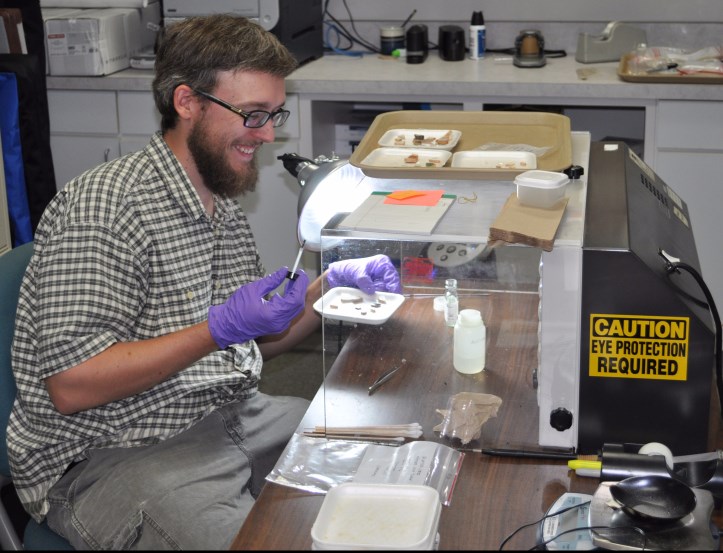
NPS, SEAC
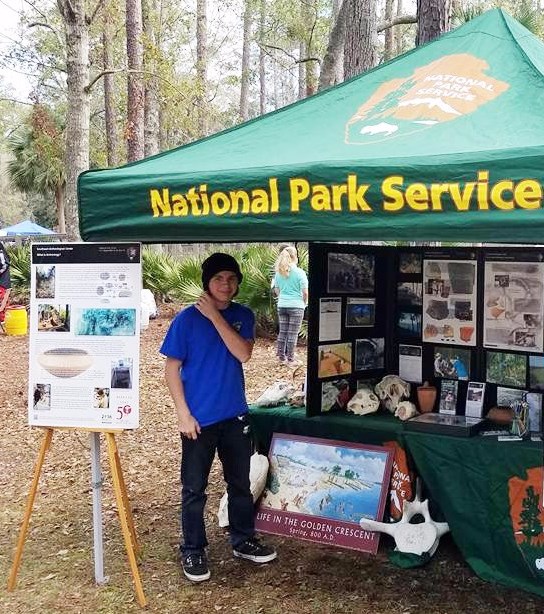
NPS, SEAC
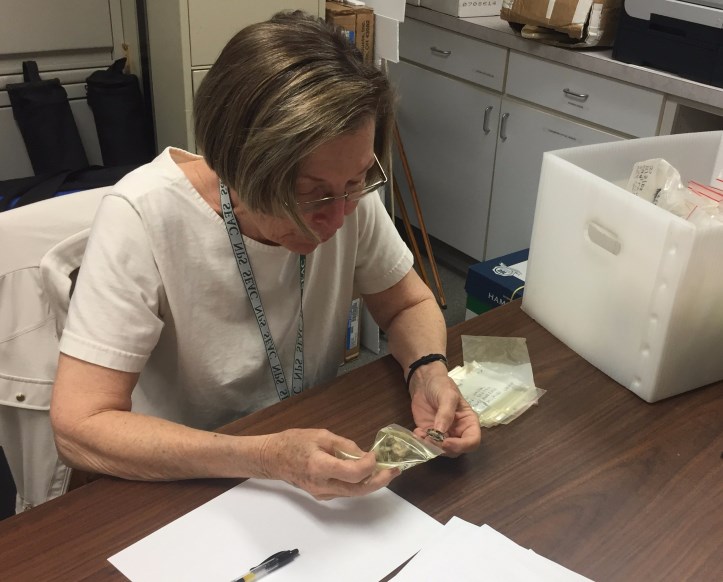
NPS, SEAC
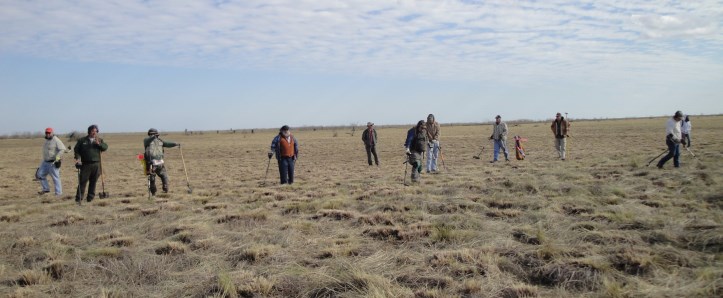
NPS, SEAC

NPS, SEAC
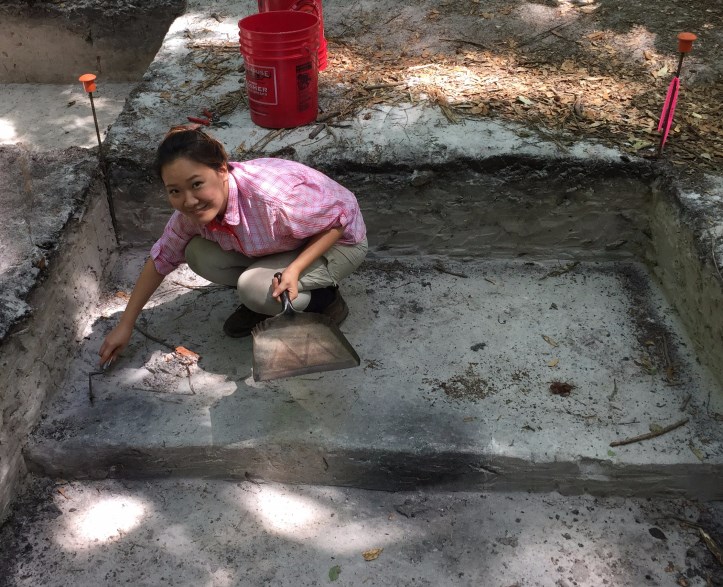
NPS, SEAC
